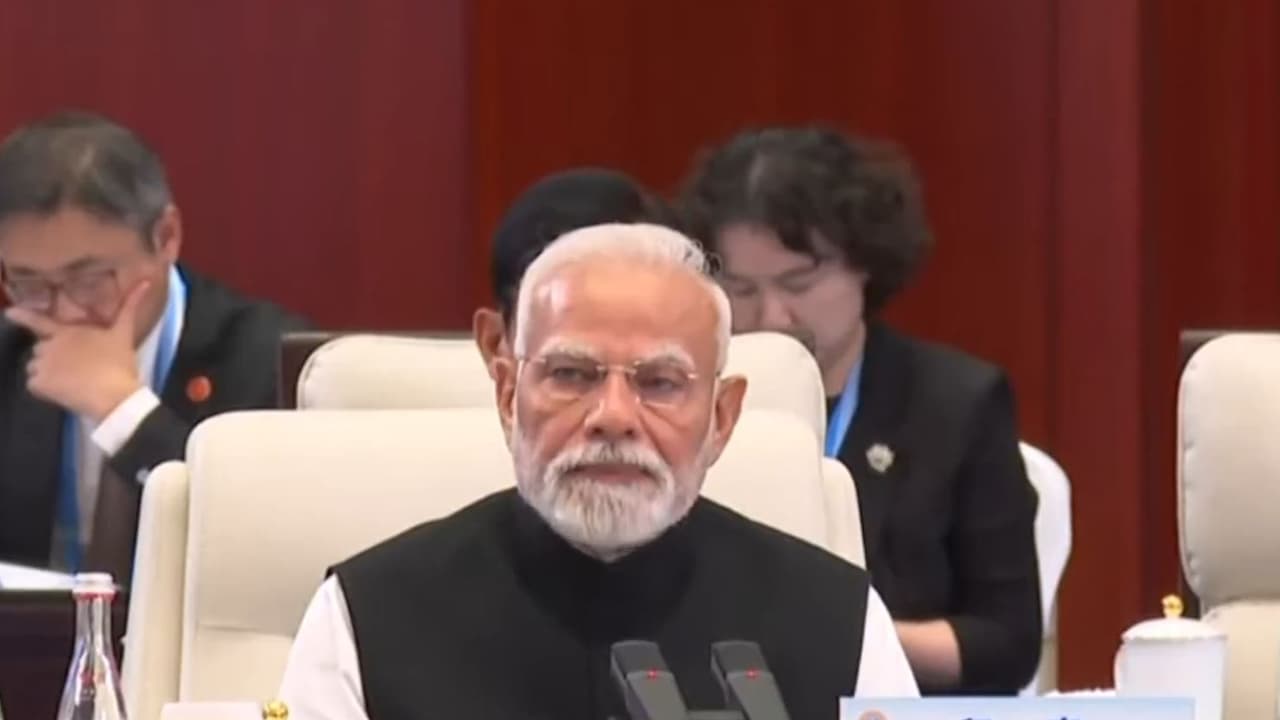At the SCO summit in China, PM Modi cautioned that connectivity without respecting sovereignty erodes trust, seen as a veiled swipe at China’s Belt and Road project. He underlined the need for sovereignty-based, transparent regional cooperation.
Prime Minister Narendra Modi, addressing the SCO Summit in China, indirectly criticized Beijing’s Belt and Road Initiative. He stressed that regional connectivity projects must respect sovereignty and territorial integrity, warning that initiatives bypassing these principles risk losing trust and legitimacy. In a subtle, veiled jibe at China in Tianjin, the PM said, “Connectivity must respect sovereignty otherwise it loses trust and credibility.”
The Belt and Road Initiative is China’s flagship global project to connect continents through infrastructure and trade, boosting its economic and political influence worldwide. The Belt and Road Initiative (BRI), also known as the One Belt, One Road (OBOR) project, is China’s massive global infrastructure and economic development plan. It was announced in 2013 by Chinese President Xi Jinping.
What’s Belt and Road Initiative
The BRI is a strategy to boost trade and connectivity across Asia, Africa, Europe and beyond. It aims to rebuild ancient trade routes:
- The Silk Road Economic Belt (land routes connecting China to Central Asia, Europe, and the Middle East).
- The 21st Century Maritime Silk Road (sea routes through Southeast Asia, South Asia, Africa, and Europe).
- Involves 150+ countries and international organizations.
China funds projects through banks like the Asian Infrastructure Investment Bank (AIIB), Silk Road Fund, and state-owned banks.
